
Аннотация
In October 1942, a panzer officer wrote ‘Stalingrad is no longer a town… Animals flee this hell; the hardest stones cannot bear it for long; only men endure’. The battle for Stalingrad became the focus of Hitler and Stalin’s determination to win the gruesome, vicious war on the eastern front. The citizens of Stalingrad endured unimaginable hardship; the battle, with fierce hand-to-hand fighting in each room of each building, was brutally destructive to both armies. But the eventual victory of the Red Army, and the failure of Hitler’s Operation Barbarossa, was the first defeat of Hitler's territorial ambitions in Europe, and the start of his decline. An extraordinary story of tactical genius, civilian bravery, obsession, carnage and the nature of war itself, Stalingrad will act as a testament to the vital role of the soviet war effort.
Amazon.com Review
Hitler made two fundamental and crippling mistakes during the Second World War: The first was his whimsical belief that the United Kingdom would eventually become his ally, which delayed his decision to launch a major invasion of Britain, whose army was unprepared for the force of blitzkrieg warfare. The second was the ill-conceived Operation Barbarossa—an invasion of Russia that was supposed to take the German army to the gates of Moscow. Antony Beevor’s thoughtfully researched compendium recalls this epic struggle for Stalingrad. No one, least of all the Germans, could foretell the deep well of Soviet resolve that would become the foundation of the Red Army; Russia, the Germans believed, would fall as swiftly as France and Poland. The ill-prepared Nazi forces were trapped in a bloody war of attrition against the Russian behemoth, which held them in the pit of Stalingrad for nearly two years. Beevor points out that the Russians were by no means ready for the war either, making their stand even more remarkable; Soviet intelligence spent as much time spying on its own forces—in fear of desertion, treachery, and incompetence—as they did on the Nazis. Due attention is also given to the points of view of the soldiers and generals of both forces, from the sickening battles to life in the gulags.
Many believe Stalingrad to be the turning point of the war. The Nazi war machine proved to be fallible as it spread itself too thin for a cause that was born more from arrogance than practicality. The Germans never recovered, and its weakened defenses were no match for the Allied invasion of 1944. We know little of what took place in Stalingrad or its overall significance, leading Beevor to humbly admit that “[t]he Battle of Stalingrad remains such an ideologically charged and symbolically important subject that the last word will not be heard for many years.” This is true. But this gripping account should become the standard work against which all others should measure themselves.
From Publishers Weekly
This gripping account of Germany's notorious campaign combines sophisticated use of previously published firsthand accounts in German and Russian along with newly available Soviet archival sources and caches of letters from the front. For Beevor (Paris After the Liberation, 1944-1949), the 1942 German offensive was a gamble that reflected Hitler's growing ascendancy over his military subordinates. The wide-open mobile operations that took the 6th Army into Stalingrad were nevertheless so successful that Soviet authorities insisted they could be explained only by treason. (Over 13,000 Soviet soldiers were formally executed during the battle for Stalingrad alone.) Combat in Stalingrad, however, deprived the Germans of their principal force multipliers of initiative and flexibility. The close-gripped fighting brought men to the limits of endurance, then kept them there. Beevor juxtaposes the grotesque with the mundane, demonstrating the routines that men on both sides developed to cope with an environment that brought them to the edge of madness. The end began when German army commander Friedrich von Paulus refused to prepare for the counterattack everyone knew was coming. An encircled 6th Army could neither be supplied by air nor fight its way out of the pocket unsupported. Fewer than 10,000 of Stalingrad's survivors ever saw Germany again. For the Soviet Union, the victory became a symbol not of a government, but of a people. The men and women who died in the city's rubble could have had worse epitaphs than this sympathetic treatment. Agent: Andrew Nurnberg. History Book Club main selection; BOMC alternate selection; foreign sales to the U.K., Germany and Russia.
![Сталинградская битва стала переломным моментом во Второй мировой – самой грандиозной и кровопролитной войне в истории человечества. От исхода жестокого... Сталинград [с иллюстрациями]](https://www.rulit.me/data/programs/images/stalingrad-s-illyustraciyami_777960.jpg)
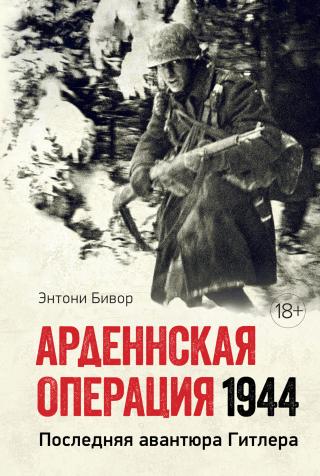

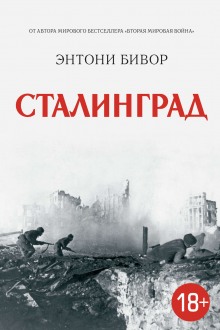
![Гражданская война в Испании – одно из самых противоречивых событий в мировой истории. Многие видят в ней начало Второй мировой войны. Некоторые сторонники... Гражданская война в Испании 1936–1939 [litres]](https://www.rulit.me/data/programs/images/grazhdanskaya-vojna-v-ispanii-1936-1939-litres_569259.jpg)
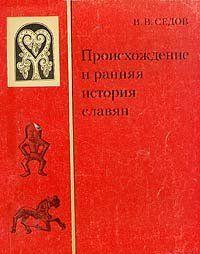

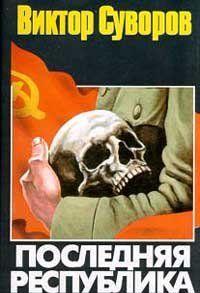






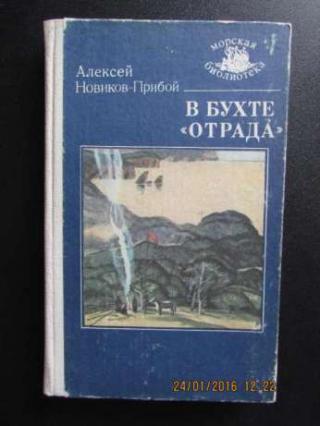
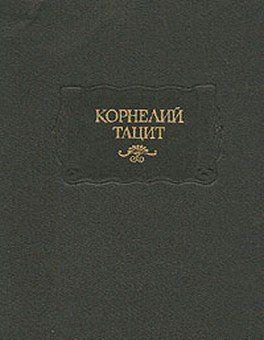
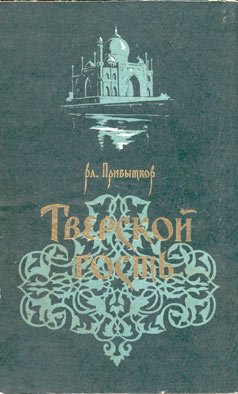
Комментарии к книге "Stalingrad"